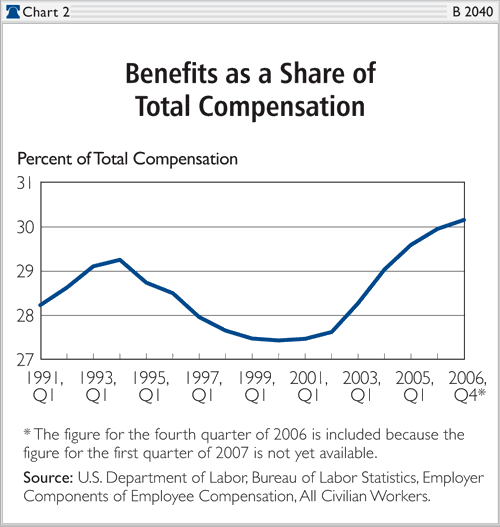To: Kaslin; Toddsterpatriot; 1rudeboy; Mase; Alberta's Child; palmer; r9etb; hiredhand; randita; ...
To: expat_panama
Also, the banks were not leveraged 60 to 1.
14 posted on
01/22/2009 3:58:36 AM PST by
bronxboy
To: expat_panama
“Sun is shinin’ in the sky
there ain’t a cloud in sight
It’s stopped rainin’
ev’rybody’s out there playin’
And don’t you know
it’s a beautiful new day
hey, hey!
As predictable as more taxes, the NYT get behind O big time!
24 posted on
01/22/2009 4:30:13 AM PST by
Jagman
(Don't tax me, bro!)
To: expat_panama
Having just finished school in '82, I share the author's view about just how gloomy things were back then. Even though this article is upbeat by NYT standards, he does manage to find enough doom and gloom to remind me to consider the source.
The author claims The ’70s get a bad rap, and deservedly so in many ways. But median family income still rose 2 percent during the decade, after adjusting for inflation. Over the past decade, it has fallen. Huh? How does he explain real per capita consumption increasing by more than 2% annually over the past decade? He wants us to believe that median family incomes have declined even though productivity is rapidly increasing. Sure.
Me thinks he's forgetting that much more of our total compensation today comes in the form of benefits and conveniently forgets to include them.

Also, I'll bet he's using the CPI to adjust for inflation rather than the Implicit Price Deflator which, lo and behold, overstates inflation and understates wage growth. The net result is that wage growth appears to lag behind productivity growth even though workers are becoming more productive. Well done NYT's.
64 posted on
01/22/2009 6:48:36 AM PST by
Mase
(Save me from the people who would save me from myself!)
To: expat_panama; Travis McGee
The problem is that all the experts are using past data to try and forecast the outcome of this situation without properly acknowledging that this problem is vastly different than anything in the past. I think it's a completely inaccurate assumption to view what's happening now with respect to anything from the past other than in broadest terms.
As a nation, we're watching the Perfect Storm. In 1982, we didn't have 75% of the working public living paycheck to paycheck, having three credit cards maxed out, living in houses that they couldn't afford to begin with...requiring the full time employment of both husband and wife of the house. Banks pushing and selling ARMs to welfare recipients was unheard of, and we still had a good base of older people who could impart at least some sense of fiscal responsibility to the next generation.
What we're seeing now isn't really even the problem per-se, but rather an overall representation of the problem. To properly understand the problem, we have to look back on men like the one who figured out how to securitize home loans, and then understand the intertwining of things such as this, Fannie Mae, Freddie Mac, and the ones who ran them into the ground while getting rich at taxpayer expense, all under the approving eye of our government.
I respectfully disagree with you. We are in grave danger as a nation at this point and what can and will happen is anybody's guess at this point. But what we're seeing now can't truly be compared accurately to anything in the past.
Worse than this, the very types, and in some instances the SAME people are now in power over our nation. So whatever would have otherwise happened...which would have been BAD anyway, will now be multiplied on a scale that none of us can comprehend.
70 posted on
01/22/2009 7:50:30 AM PST by
hiredhand
(Understand the CRA and why we're facing economic collapse - see my about page.)
FreeRepublic.com is powered by software copyright 2000-2008 John Robinson
